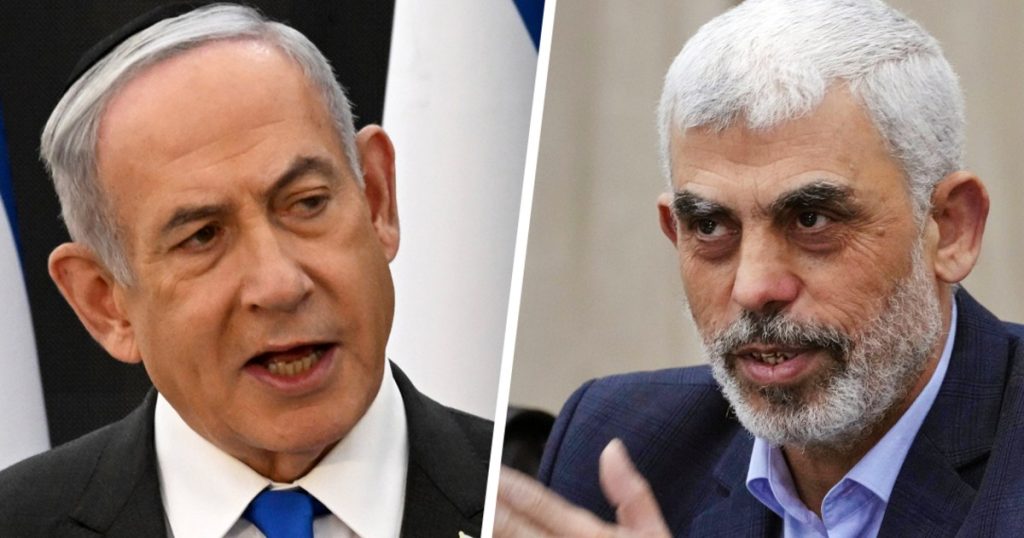The International Criminal Court’s chief prosecutor announced plans to seek arrest warrants for Israeli Prime Minister Benjamin Netanyahu, Hamas leader Yahya Sinwar, and other senior Israeli and Palestinian figures involved in the ongoing conflict in Gaza. The charges include war crimes such as starvation of civilians, directing attacks against a civilian population, and causing great suffering. The court’s efforts to prosecute Israeli leaders could be challenging, but the arrest warrants may hinder their ability to travel abroad and could be embarrassing for the Israeli government.
Israeli Defense Minister Yoav Gallant and other officials are facing pressure both domestically and internationally to end the military offensive in Gaza and reach a cease-fire and hostage release deal with Hamas. The ICC is considering issuing arrest warrants for Hamas leaders for their part in the attacks on Israel. The prosecutor’s office claims that the crimes charged were part of a systematic attack against civilian populations by both sides and continue to this day. The court’s investigations into potential war crimes by Israel and Palestinian militants have been ongoing for years.
The ICC’s probe into Israeli actions dates back to the 2014 Israel-Hamas war, issues related to settlements in the West Bank and East Jerusalem, and the 2023 conflict that claimed more than 1,200 lives. Israel, like the United States, does not recognize the court’s jurisdiction as they are not party to the Rome Statute treaty that established the ICC. However, the arrest warrants could act as a de facto travel ban for Israeli officials, particularly in Europe, due to obligations under the Rome Statute. The warrants may also influence international diplomatic relations, as seen with the case of Russian President Vladimir Putin, who faced an ICC arrest warrant for war crimes in Ukraine.
The ICC’s decision to pursue arrest warrants against Israeli and Hamas leaders could have broader implications for U.S. foreign policy, especially regarding continued unconditional military support for Israel. The conflict in Gaza has had devastating consequences for the people of Israel, Palestine, and the wider region, and the ICC’s actions may prompt the U.S. government to reconsider its stance. The court’s investigation has been progressing steadily, with evidence gathered through interviews, videos, and survivor testimonies. The warrants against key figures on both sides aim to hold individuals accountable for their roles in alleged war crimes and crimes against humanity.
Efforts to halt the conflict in Gaza and achieve a lasting peace agreement are ongoing, with international pressure mounting on both Israel and Hamas to de-escalate the violence. The ICC’s involvement adds another layer of complexity to the situation, potentially impacting the ability of key leaders to operate on the global stage and increasing the scrutiny on their actions. The conflict highlights deep-rooted political and humanitarian issues that have plagued the region for decades, requiring a multifaceted approach to address the underlying causes and work towards a sustainable resolution. As the ICC’s investigation progresses, the outcomes could have far-reaching implications for the pursuit of justice, accountability, and peace in the Israeli-Palestinian conflict.


